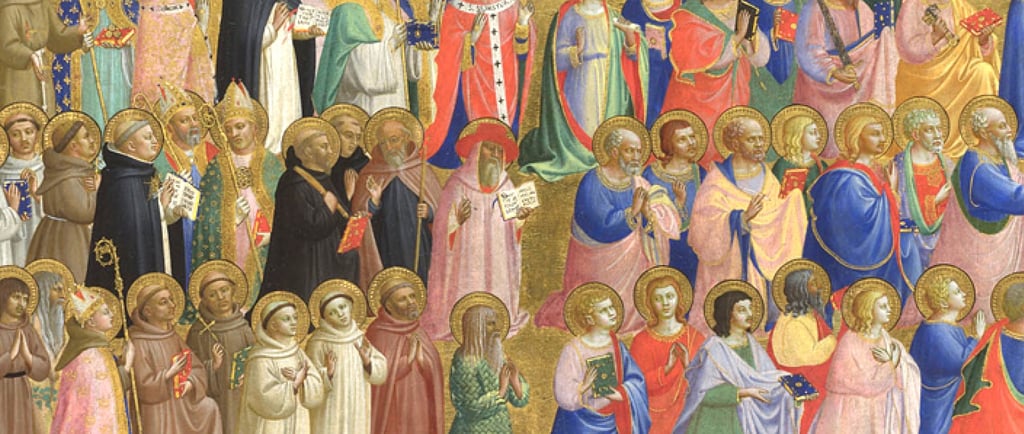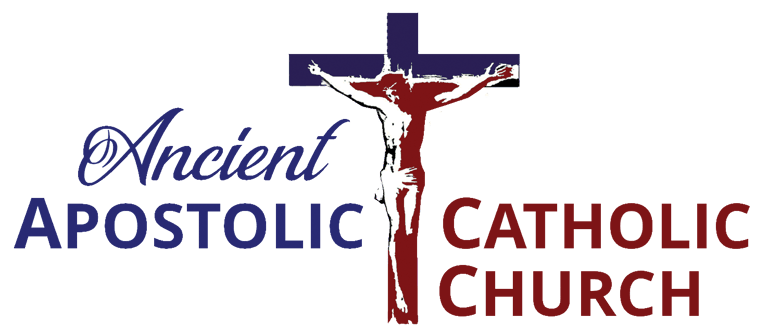Embracing Faith and Community: The Sacramental Ministry of the Ancient Catholic Church
The ancient Catholic Church's commitment to sacramental ministry was essential in fostering a vibrant faith community. The early church’s understanding of sacramentality deeply influenced individuals and the community at large, creating a legacy of faith that continues to resonate today.
FAITH DISCUSSIONS
Archbishop Dr. Felix Gibbins OSB Cam


Introduction
The ancient Catholic Church stood as a beacon of faith and community, providing a sense of belonging and spiritual nourishment to early Christians. The Church’s commitment to sacramental ministry was paramou, shaping not only individual spiritual lives but also the communal bonds among its members. This article delves into how the ancient Catholic Church embraced faith and community through its sacramental practices, much like the early church did.
The Essence of Sacramental Ministry
Sacramental ministry in the early church was centered on the belief that specific rites and rituals served as conduits for divine grace. The Church administered seven sacraments, each representing a vital aspect of the Christian journey, from baptism to communion. These sacraments were not merely rituals; they embodied the presence of God and facilitated a deep connection between the faithful and the divine.
Through baptism, new believers were welcomed into the community, while the Eucharist nourished their spiritual lives. These sacred rites fostered a distinctive sense of identity, binding individuals into a collective that shared in Christ’s mission. The communal aspect of the Church was vital; it wasn't enough for individuals to embrace their faith in isolation. The early Church understood that nurturing faith was inseparable from nurturing community.
Fostering Community through Sacramental Practices
The sacramental ministry of the ancient Catholic Church played a crucial role in building a robust community devoted to mutual support, love, and service. In the early church, believers gathered regularly not only to partake in the sacraments but also to share their lives with one another. This coming together was marked by fellowship, prayer, and the sharing of resources, underscoring the belief that faith thrives in community.
Moreover, the sacraments acted as social glue, fostering familial bonds among church members. Notably, community celebrations surrounding the sacraments instilled a sense of belonging and encouraged participation in the faith. Each sacrament served as a reaffirmation of community values and reminded believers of their collective responsibility to one another, further intertwining their faith journeys.
The ancient Catholic Church's commitment to sacramental ministry was essential in fostering a vibrant faith community. The early church’s understanding of sacramentality deeply influenced individuals and the community at large, creating a legacy of faith that continues to resonate today. As modern believers, we can learn from this rich heritage by embracing sacramental practices that not only deepen our individual faith but also our interconnectedness as members of the Church. By nurturing both faith and community, we honor the traditions of our ancestors and continue their mission in our contemporary world.
Ancient Apostolic Catholic Church
Embracing faith, inclusion, and compassionate service together.
ST THOMAS AQUINAS SEMINARY
© 2025. All rights reserved
QUICK LINKS
